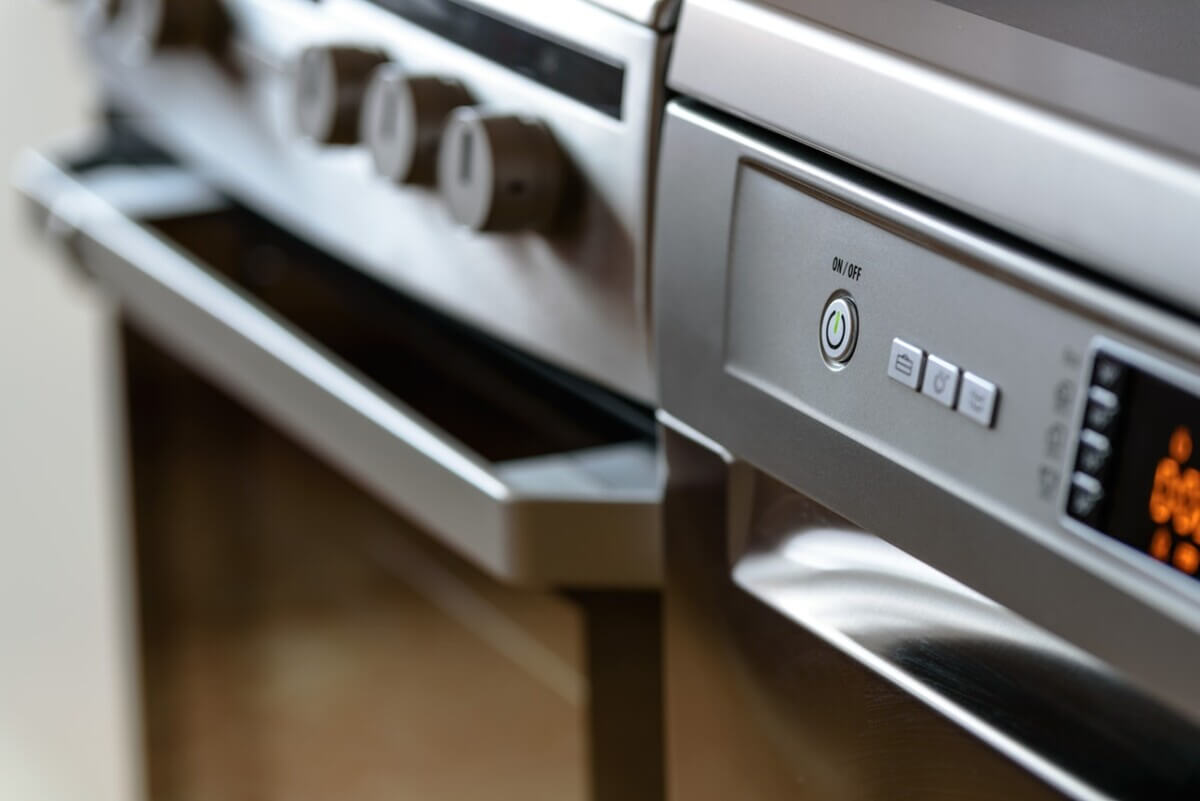
Opening a new restaurant is challenging. In fact, while the commonly cited statistic that 90% of new restaurants fail in the first year appears to be a myth, there is still a high risk (and high reward!) involved. That’s why every business decision you make needs to be thoroughly considered. In today’s blog, we’ll discuss a common dilemma: leasing restaurant equipment vs. buying.
Advantages of Restaurant Equipment Leasing
Restaurant equipment rental can be a great option for restauranteurs, especially if you’re opening a new restaurant. Here’s what you need to know about the advantages of leasing restaurant equipment.
Lower Up Front Costs
When opening any business, capital can be an ongoing source of concern. Leasing restaurant equipment, while more expensive long-term, does require less upfront cash. In fact, you can use the revenue you bring in each month as part of the monthly payment, rather than being forced to pay a lump sum before your restaurant even starts making money.
Flexibility
When you’re just starting out, it’s hard to pinpoint exactly what your business will look like when it’s up and running at capacity. Restaurant equipment leasing provides flexibility for new restaurant owners. Not only will you have a chance to return equipment that hasn’t been as useful as you might have anticipated at the end of your lease, but many companies offer rent to own restaurant equipment, which means that if an item maintains its usefulness, you’ll have the option to buy.
Advantages of Buying Restaurant Equipment
Buying restaurant equipment upfront isn’t always possible, but it can be advantageous in the long-term. Here’s why.
Less Expensive Long-Term
While buying restaurant equipment requires a higher upfront cost, it does usually end up being less expensive long-term, since you don’t have to pay interest or fees. When choosing foodservice equipment to lease, consider their longevity and reliability. Ice machines and coffee machines, for example, are notoriously unreliable, and because the onus is not on you to repair or replace rental items, it might make more sense financially to lease these types of foodservice equipment.
Equity Building
When you lease restaurant equipment, you can’t build equity on the item because you don’t own it. Therefore, even if a rental appliance like a refrigerator or range oven is still worth a significant amount of money at the end of your lease, you won’t be able to leverage that money toward a new unit.
No Monthly Obligation
When you pay upfront for restaurant equipment, you won’t have to worry about adding to your restaurant’s month-to-month overhead costs, which means more revenue.
At McDonald Wholesale, we’re independently owned and dedicated to providing quality ingredients, sustainable practices, responsible stewardship, and food safety. In addition to providing the highest-quality wholesale food products for your operation, we also offer menu analysis and development services, as well as restaurant marketing services so that you can be more visible to potential customers. Check out our foodservice blog where we cover everything from 2020 restaurant trends to how to manage rising food costs.

